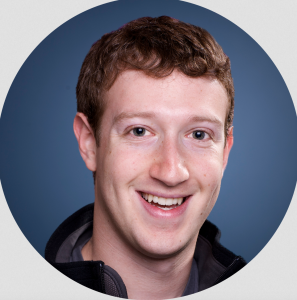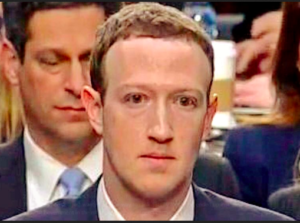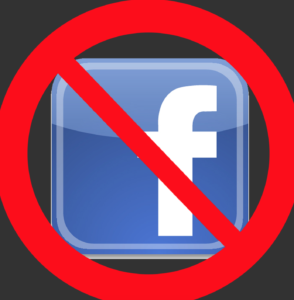The Buck Stops Where?
Tech has always been lax about security, while the average consumer has been socialized more or less to a plug and play environment. Plug in the (non-IoT) iron, plug in the (non-IoT) fridge – they work. If there’s a problem, and the warranty is still in effect, the manufacturer or retailer steps in. The problem is generally resolved.
Just his week, a indignant father reported that the voice from our Nest camera threatened to steal our baby. Worse, he Googled ‘Nest + camera + hacked’ and found out that this happens frequently. As the Mercury News reported, “Nest, which was designed to keep intruders out of people’s homes, effectively allowed hackers to get in.”








